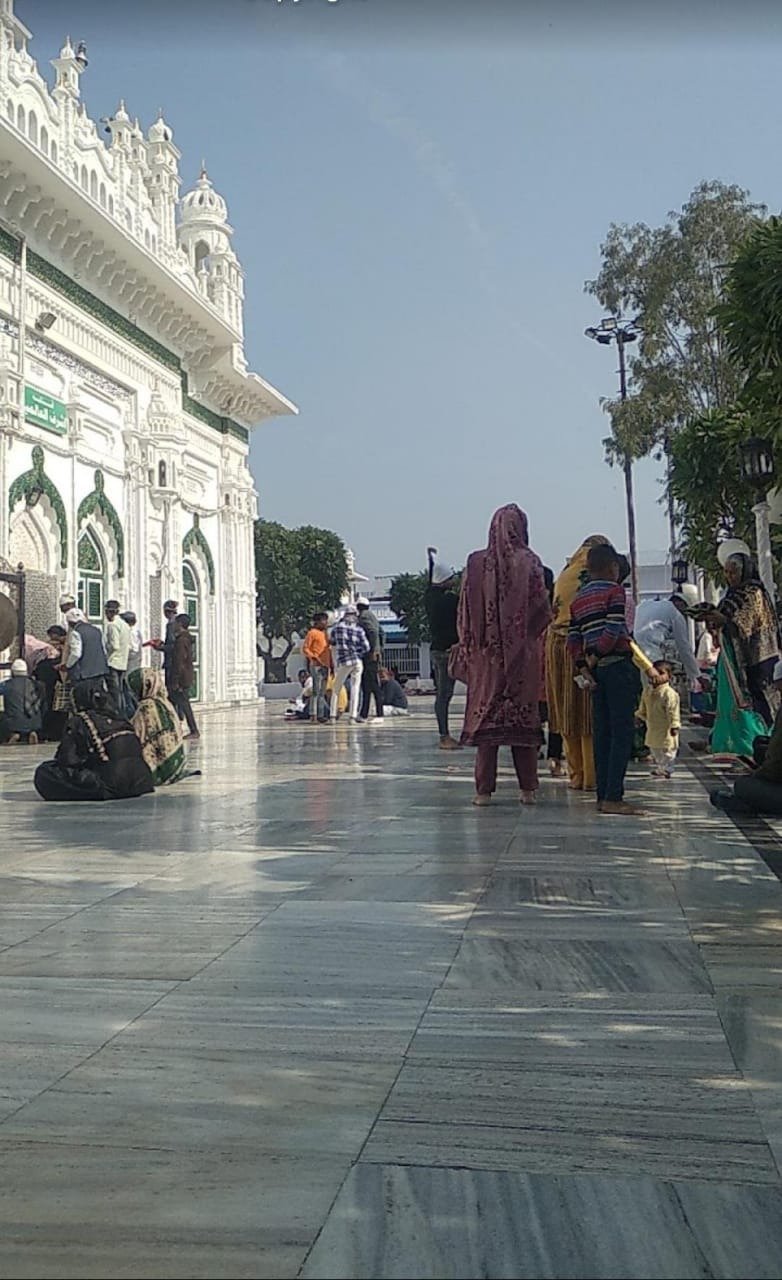Location and Setting:
The Qawwali sessions are typically held near the main courtyard of the Dargah, close to the Mazar (shrine)
of Hazrat Haji Waris Ali Shah. The open-air setting allows for large gatherings, creating an atmosphere
filled with devotion and reverence.
The area around the shrine becomes a gathering place where the rhythms of tabla and harmonium blend with
soulful voices, invoking a sense of divine presence.
Spiritual Significance:
Qawwali at Dewa Sharif is more than just music; it is a form of devotion. The lyrics often include praises
of God (Allah), the Prophet Muhammad, and the teachings of Sufi saints, including Hazrat Haji Waris Ali
Shah.
The purpose of these musical sessions is to elevate the spiritual state of the listeners, guiding them
towards zikr (remembrance of God) and ishq (divine love), which are central themes in Sufi philosophy.
Participation and Experience:
Devotees from various regions come to listen to the Qawwali, joining in the recitations and rhythmic
clapping,
creating an interactive spiritual experience.
The sessions are particularly vibrant during the annual Urs (death anniversary) of Hazrat Haji Waris Ali
Shah,
where renowned Qawwals (singers) perform, drawing larger crowds and making the event a highlight of the Dewa
Mela.
Themes and Poetry:
The Qawwalis often feature poetry in Urdu, Persian, and Hindi, reflecting themes of love, longing, and
devotion
to the divine. Many compositions recount the life and teachings of Hazrat Haji Waris Ali Shah, emphasizing
his
message of unity and love for all humanity.
The melodies, combined with the depth of the poetry, create a meditative and emotional atmosphere, leading
many
listeners into a state of wajd (spiritual ecstasy).
The Qawwali sessions at Dewa Sharif are a vital expression of Sufi culture, offering a unique blend of
music,
spirituality, and community gathering. They serve as a reminder of the rich mystical tradition that Hazrat
Haji
Waris Ali Shah fostered, continuing to inspire devotion and love among all who attend.



